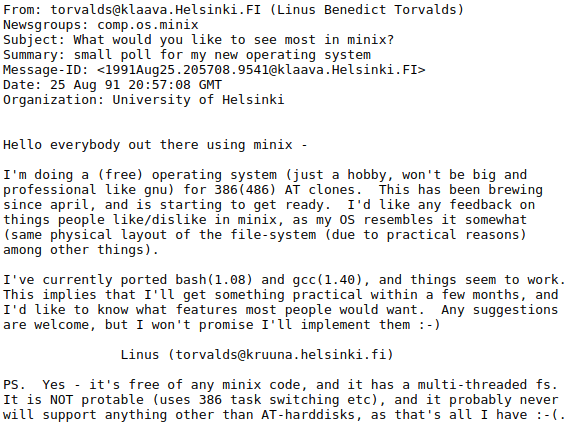
Thanks, Linus. Torvalds patch improves Linux performance by 2.6%
A relatively tiny code change by penguin premier Linus Torvalds is making a measurable improvement to Linux's multithreaded performance.
The code commit has the catchy name of x86/uaccess: Avoid barrier_nospec() in 64-bit copy_from_user() and it's a security tweak intended to counter the types of security holes known as Meltdown flaws and Spectre attacks when they became public in 2018. Unfortunately, these problems haven't gone away. As The Register covered just last month, this type of attack remains current.
The patch is a rewrite of one originally submitted by Red Hat developer Josh Poimboeuf, which Torvalds revised to make faster. "The kernel test robot reports a 2.6 percent improvement in the per_thread_ops benchmark," he wrote in the commit.
Torvalds's version avoids using the barrier_nospec() API, which prevents speculative execution of some machine code. Speculative execution is a feature of modern CPUs that use branch prediction to try to predict what program code will be run before it's needed, so it can be run and the results cached in advance. If the prediction is correct, it saves time; if it isn't, the results are discarded. The snag is that this opens up a particular form of security issue, which boffins have been working on ever since.
Leave a Comment
Related Posts






/cdn.vox-cdn.com/uploads/chorus_asset/file/25319865/STK055_HBOMAX_.jpg)














